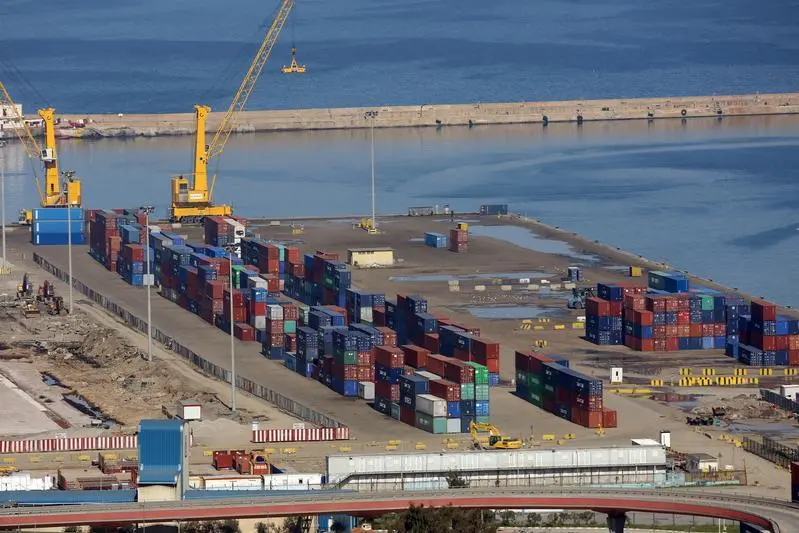PHOTO
In 2013, Tanzania signed a framework agreement with ChinaMerchant Holdings International, China's largest port operator,to build the port and a special economic zone that aims totransform the east African country into a regional trade andtransport hub.
"The conditions that they have given us are commerciallyunviable. We said no, let's meet halfway," Deusdedit Kakoko,director general of the state-run Tanzania Ports Authority (TPA)told Reuters.
"It would have been a loss ... they shouldn't treat us likeschoolkids and act like our teachers."
The Tanzanian government has officially written to theChinese port operator on the disputed terms, Kakoko said. "Weare waiting for them to begin new talks. When they are ready, wewill resume the negotiations."
Reuters contacted the Hong Kong headquarters of ChinaMerchant Holdings International and the firm's Tanzanian officefor comment but did not immediately receive a response. TheChinese foreign ministry did not immediately reply to a requestfor comment.
Since taking office in late 2015, President John Magufuli'sgovernment has sought to renegotiate major deals with foreigninvestors in mining, natural gas, telecoms and infrastructureprojects as part of a new resource nationalism drive.
The deal for the Bagamoyo port was signed in 2013 by thegovernment of Magufuli's predecessor, Jakaya Kikwete, during avisit of Chinese President Xi Jinping to the country. It is alsofinancially backed by Oman's State General Reserve Fund.
Members of parliament demanded explanations from thegovernment last week on delays in implementation of the project.A ground breaking ceremony for the project was held in late 2015but actual construction of the port is yet to start.
The port, to be built in Bagamoyo, 75 km (47 miles) north ofDar es Salaam would dwarf neighbouring Kenya's port at Mombasa,east Africa's trade gateway some 300 km (180 miles) to thenorth, and include an industrial zone and rail and road links toa region hoping to exploit new oil and gas finds.
It is meant to ease congestion at the port in the commercialcapital Dar es Salaam and transform a depressed area into atrade and manufacturing hub. Yet there are practicaldifficulties, not least that Bagamoyo's port, unlike Dar esSalaam's, would most likely need regular, extensive dredging.
(Reporting by Fumbuka Ng'wanakilalaAdditional reporting by Brenda Goh in BeijingEditing by Maggie Fick and David Evans) ((maggie.fick@thomsonreuters.com; +254 798 985 128;))





















